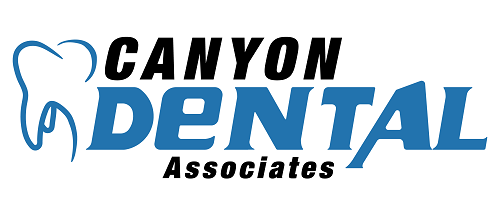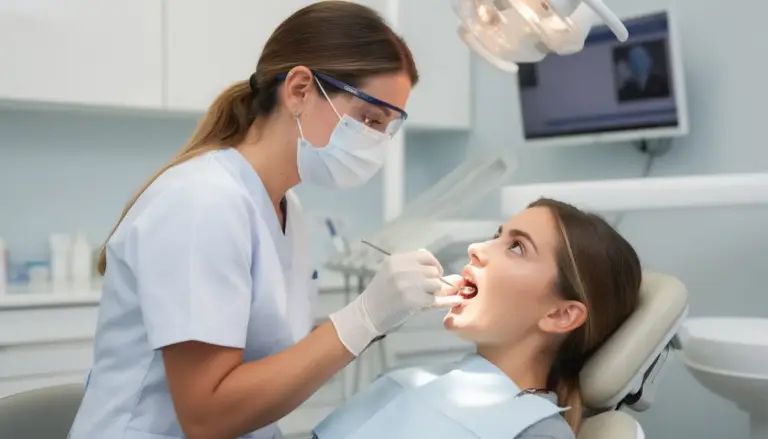Dental emergencies, often characterized by pain, discomfort, and the urgent need for care, can significantly disrupt daily life. Understanding and implementing strategies to prevent such emergencies is crucial for maintaining long-term oral health.
Maintaining Optimal Oral Hygiene
Effective oral hygiene is the cornerstone of dental health. Brushing twice daily with fluoride toothpaste, flossing to remove plaque between teeth, and incorporating mouthwash and tongue scraping into your routine can significantly reduce the risk of dental emergencies.
Regular Dental Check-Ups
Regular dental visits, ideally every six months, are essential for early detection and prevention of potential oral health issues. These check-ups often include cleaning, X-rays, and examinations to identify any emerging problems.
Dietary Considerations for Dental Health
Diet plays a pivotal role in oral health. Limiting sugary and acidic foods can prevent tooth decay and erosion. Conversely, a diet rich in fruits, vegetables, and calcium can fortify teeth and gums.
Protecting Teeth During Sports and Physical Activities
Engaging in sports and physical activities without adequate mouth protection can lead to dental injuries. Using custom-fitted mouthguards can significantly reduce the risk of trauma to teeth and gums.
Mindful Behaviors to Prevent Tooth Damage
Avoiding detrimental habits like nail-biting, chewing ice, or using teeth as tools is vital for preventing tooth damage. These behaviors can lead to chips, cracks, or even fractures.
Managing Bruxism: Preventing Tooth Wear
Bruxism, or teeth grinding, often occurs unconsciously, especially during sleep, leading to tooth wear and other dental issues. Identifying bruxism and using nightguards can effectively mitigate its adverse effects.
Safe Practices for Young Children
Instilling good oral hygiene practices in children from an early age is crucial. Teaching proper brushing techniques and using child-friendly dental products can help in preventing dental emergencies in young ones.
Dealing with Unexpected Tooth Pain
Being vigilant about tooth pain and recognizing signs of dental issues is essential. Immediate steps like rinsing with warm water or using a cold compress can provide temporary relief before seeking dental care.
Emergency Kits and Preparedness
Preparing a dental emergency kit with items like gauze, a small container for teeth, saline solution, and over-the-counter pain relievers can be invaluable. Knowing when and how to seek immediate dental care is also crucial.
Preventing dental emergencies involves a combination of good oral hygiene, regular dental visits, mindful eating habits, and protective measures. By adopting these strategies and being prepared for unforeseen issues, individuals can significantly enhance their oral health and mitigate the likelihood of emergency situations.


